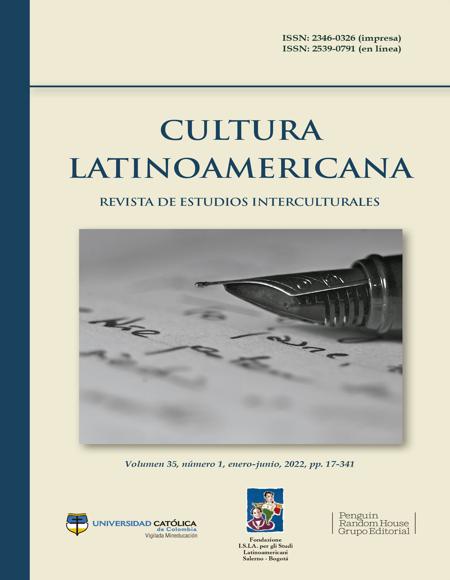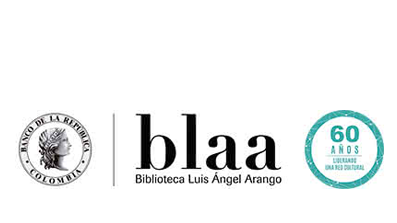
Esta obra está bajo una licencia internacional Creative Commons Atribución-NoComercial-CompartirIgual 4.0.
Al enviar los artículos para su evaluación, los autores aceptan que transfieren los derechos de publicación a Cultura Latinoamericana. Revista de Estudios Interculturales para su publicación en cualquier medio. Con el fin de aumentar su visibilidad, los documentos se envían a bases de datos y sistemas de indización, así mismo pueden ser consultados en la página web de la Revista
Resumen
Any act of intercultural mediation, or of rapprochement between cultures,
creates losses that should be minimized in a process of dynamic and revitalizing translation (Hurtado Albir, 2007). It is a negotiation that becomes even
more complicated in the literary sphere, in particular in the poetic genre and
in the narrative lyric, in which the challenge of (re)creating the original text
in the target language becomes a hermeneutic-systemic task, capable of reproducing, where possible, the work polyphony and polymetry (Benvenuto
and Michienzi, 2020). Very often, when such negotiation is impossible, the
adaptation of the work is preferred. In this regard, this work analyses the Italian editions of the Don Juan Tenorio by the Spanish romantic playwright José
Zorrilla, with the aim of verifying whether and how the translation respected
the original text, trying to highlight the fragile boundaries between translation
and adaptation. More specifically, the analysis focuses on cases of retranslation and on the code switching employed by the author.



























